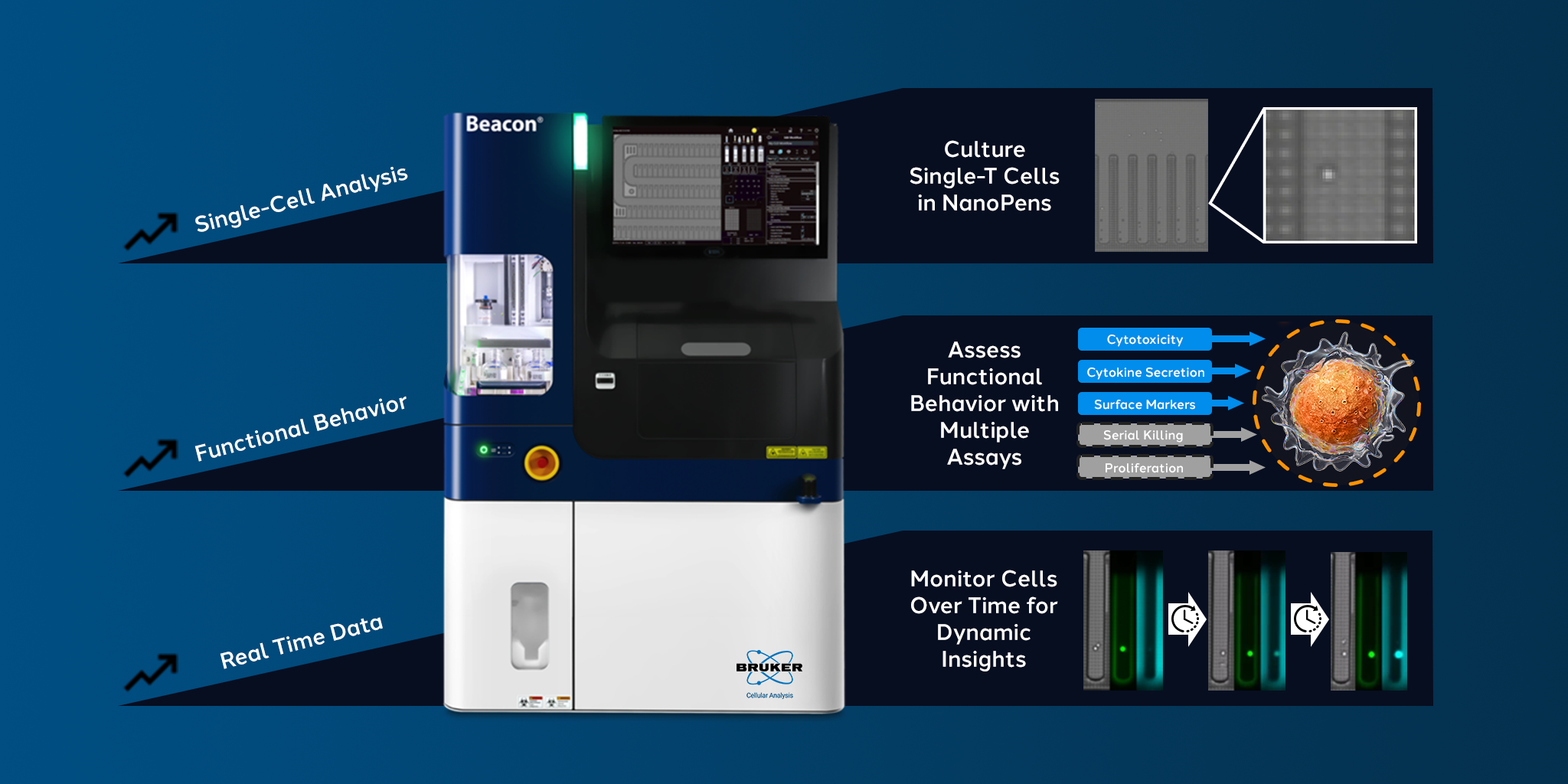Discover the latest breakthroughs in T cell research, including emerging single-cell technologies, functional assays, and real-time data monitoring.
Explore CAR T Therapy Articles
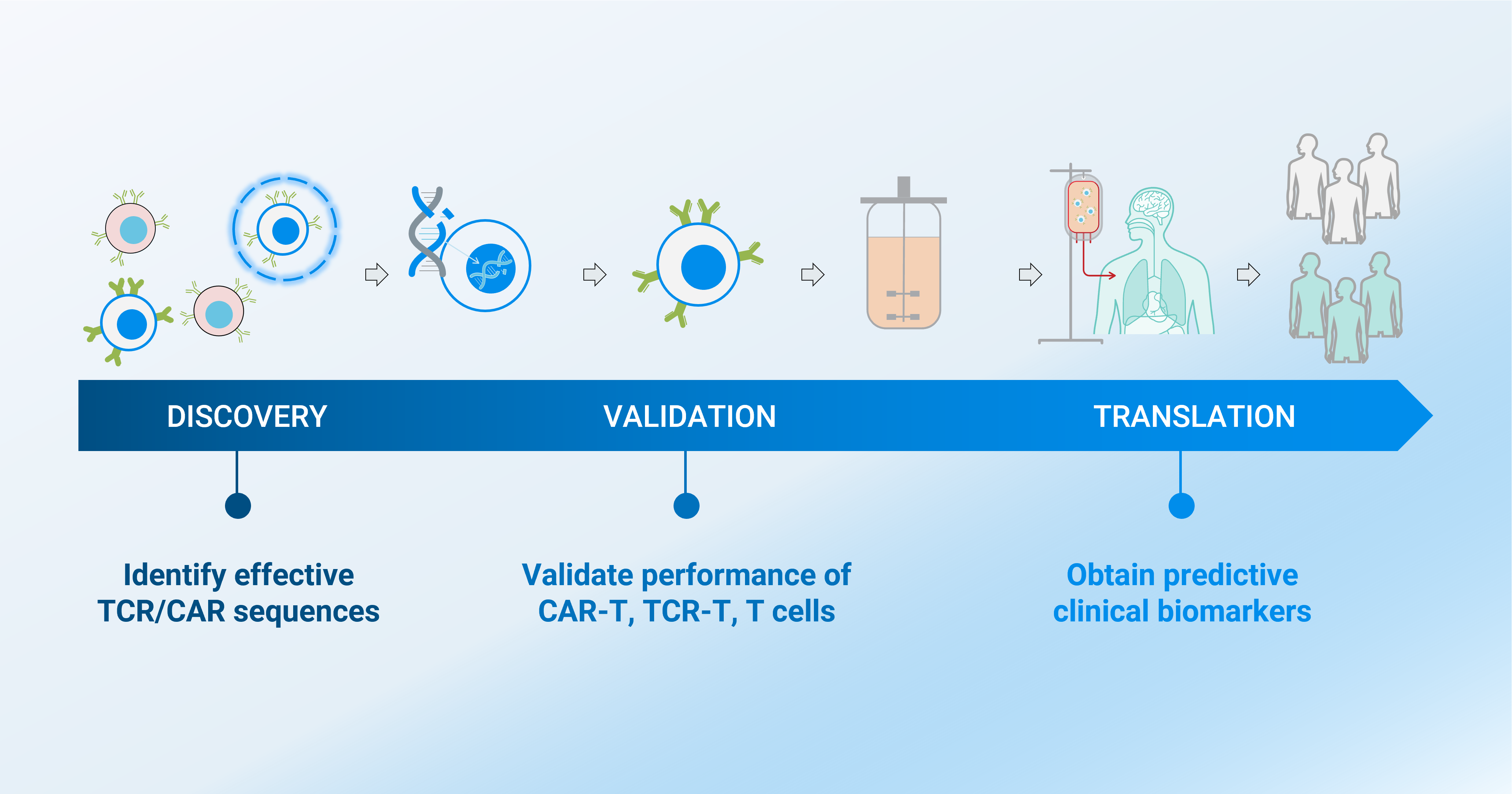
Adoptive cell therapy (ACT), the autologous or allogenic transplant of immune cells, is providing new hope in the ongoing battle against cancer. However, the path to harnessing the full potential of these therapies remains challenging, from understanding the intricate dynamics of individual cells to optimizing their therapeutic efficacy. Bruker’s Beacon® Platform emerges as a transformative […]
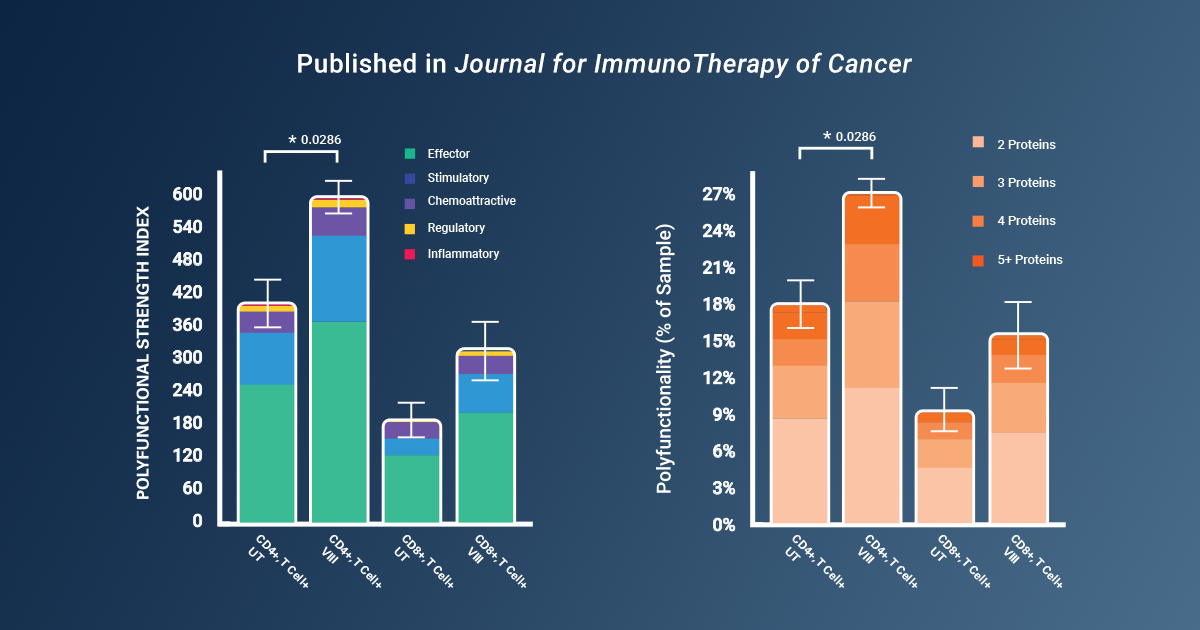
In the rapidly evolving landscape of cancer treatment, Chimeric Antigen Receptor T cell (CAR-T) therapy has emerged as a promising strategy for patients with certain hematologic malignancies. However, the occurrence of relapse has proved challenging. In a recent publication in the Journal for ImmunoTherapy of Cancer, researchers from University College London investigated the potential capability […]
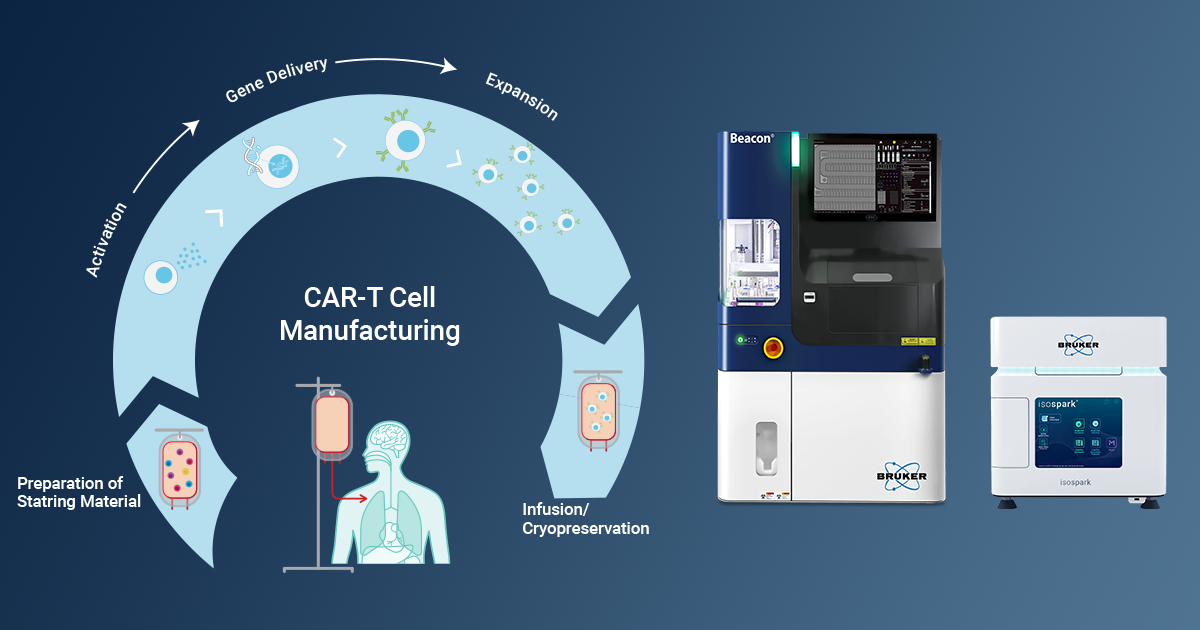
In the rapidly evolving landscape of cancer treatment, chimeric antigen receptor (CAR) T cell therapy has emerged as a groundbreaking immunotherapeutic approach, garnering FDA approval in 2017. However, the journey from initial success to widespread efficacy has been marked by challenges, prompting researchers to continuously reevaluate and refine CAR-T manufacturing processes. A recent review published […]
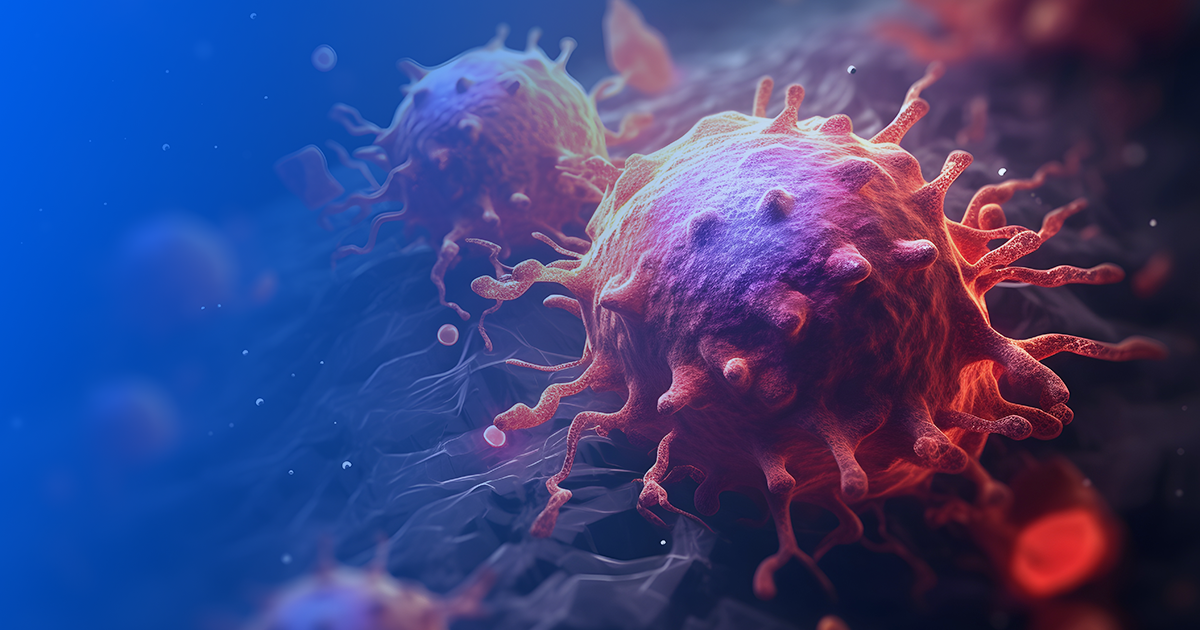
While chimeric antigen receptor (CAR) T-cell therapies have significantly improved outcomes in hematological malignancies, attempts to translate this success to solid tumors have presented several challenges, such as inadequate efficacy and unacceptable toxicity. Researchers are continuously identifying new targets to overcome these challenges. However, in cell line development, translating their findings into viable, testable products […]
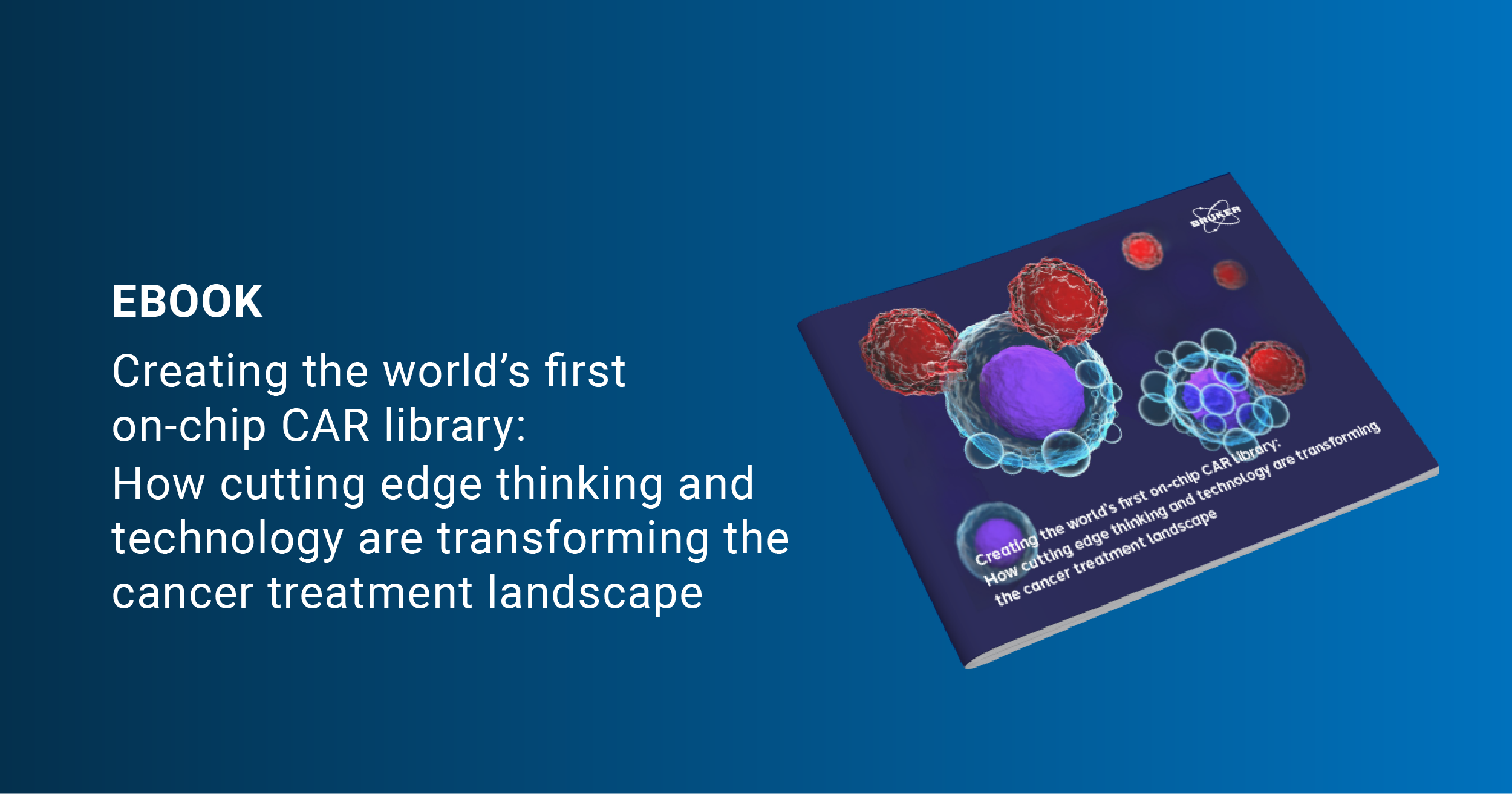
In the field of oncology, chimeric antigen receptor (CAR)-T cell therapy is a focal point of innovative research that has the potential to revolutionize cancer treatment. In our new eBook, “Creating the World’s First On-Chip CAR Library: How Cutting Edge Thinking and Technology Are Transforming the Cancer Treatment Landscape,” we offer you the opportunity to […]
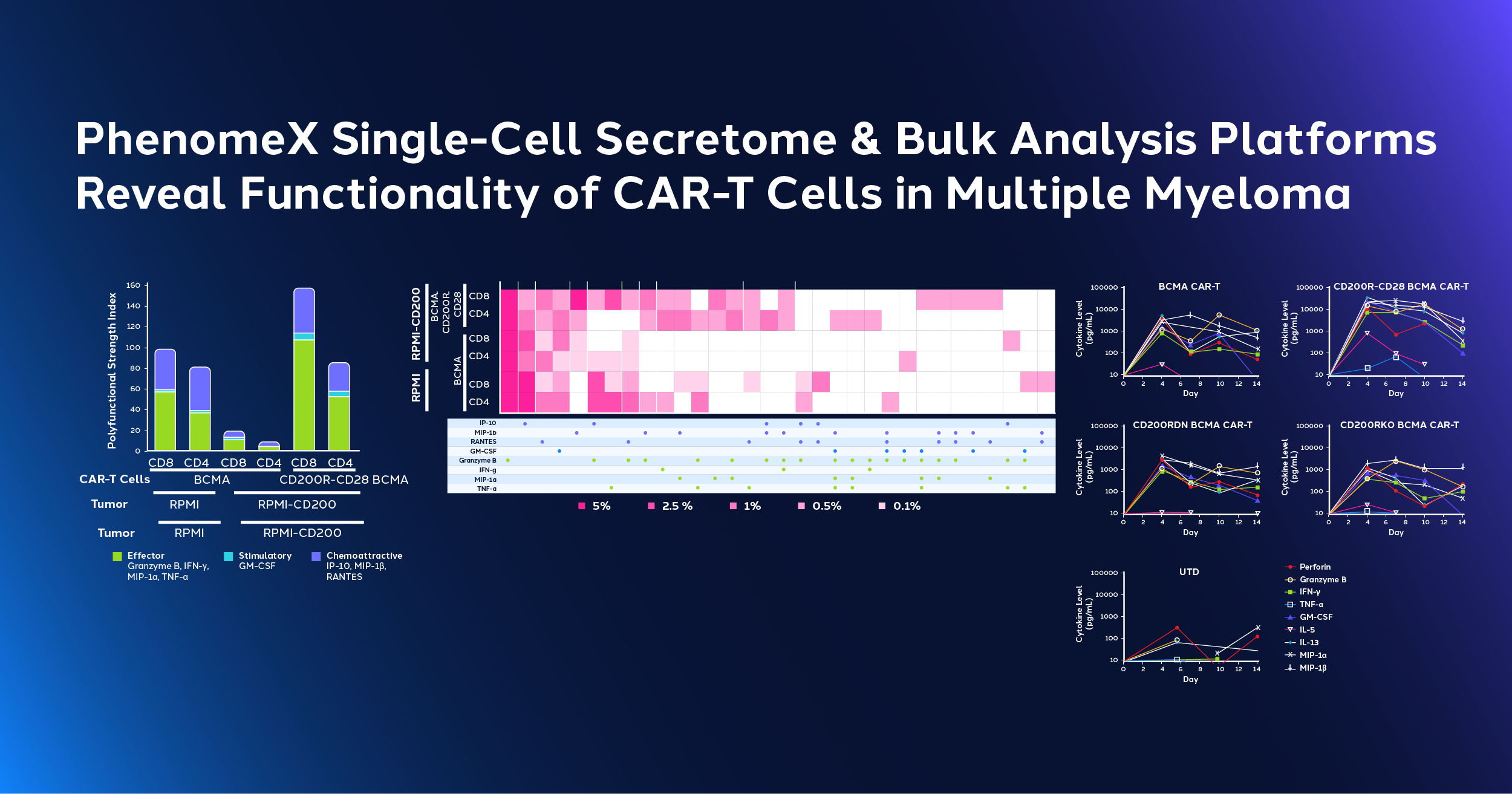
In a groundbreaking study, researchers at the University of Pennsylvania have identified a novel approach for advancing the effectiveness of CAR-T cell therapy for treating multiple myeloma (MM), a challenging form of cancer. In particular, the study investigates the phenomenon of CAR-T cell suppression, which often leads to relapses in MM patients treated with BCMA-specific […]


